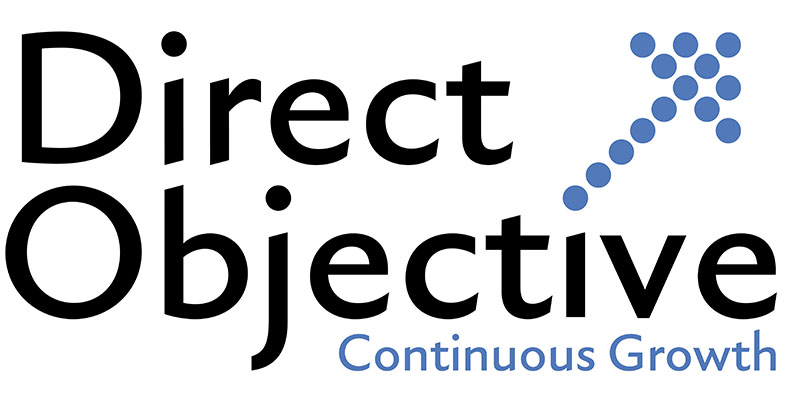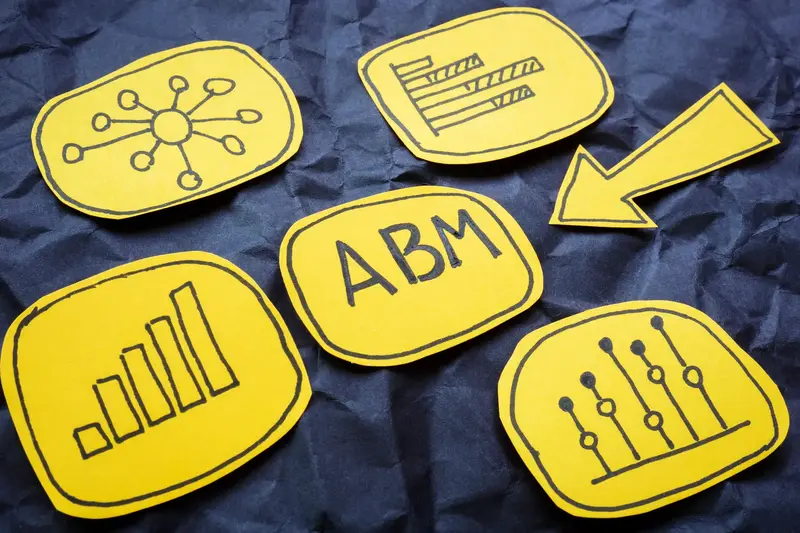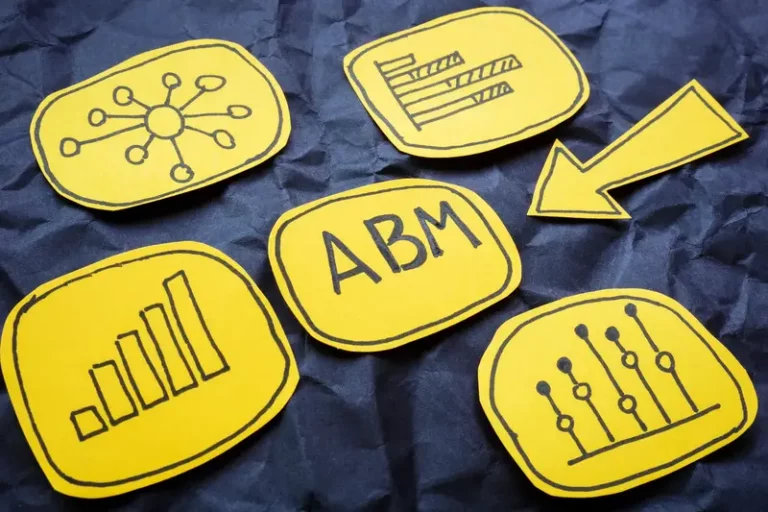Member engagement is the litmus test of member loyalty in the world of professional and trade associations. Engaged members are far more likely to renew, participate, and act as advocates for the organization. A 2024 study shows that high engagement correlates strongly with higher retention rates: “In-person conference attendance, professional development registrations, and certifications are more likely to report one-year and five-year membership growth and increases in new member counts and overall renewal rate in the past year.”

Moreover, gaining high retention is far more cost-effective than constantly recruiting new members. As you may already know, renewed, engaged members are an association’s best source of revenue. Research shows that increasing member retention by even 5% can boost profits dramatically.
With the stakes high, this blog aims to offer actionable, evidence-based strategies your association can implement now to boost engagement, especially early in the membership lifecycle, and convert newcomers into long-term advocates.
Actionable Strategies for Member Engagement
a. Welcoming New Members Properly

How you welcome new members sets the tone for their entire experience. A strong onboarding process dramatically increases the odds they’ll stick around and engage. Here are the most effective tactics:
-
- Welcome communication
Send an immediate, warm welcome email (or series of emails) that introduces new members to your association’s mission, key benefits, and “next steps” (how to update their profile, access the member portal, or join discussion groups). Many associations use a sequenced “welcome drip” of 3-5 emails over the first few weeks to gradually orient new members.
Based on our experience, we suggest checking open and click-through rates. If they are low, consider calling your new members. This will help you raise new member engagement. If you do not have enough in-house resources to call all your new members, delegate or outsource it to a telemarketing group.
- Welcome communication
-
- Emailed (or physical) welcome kit
Provide a comprehensive “new member kit” (digital or physical) that includes things like:
- A benefits overview (what’s available to them)
- A calendar of upcoming events
- Instructions for logging in/using the member portal
- A “getting started” checklist
- Contacts for volunteers, staff “buddies”, or mentors
- Emailed (or physical) welcome kit
This becomes a reference tool and gives them a clear roadmap from day one.
-
- Invite to follow your association’s social media/join your online communities
Prompt new members to follow your social pages, or join a private member group, discussion board, etc. This helps them connect more organically and stay aware of updates or opportunities.
- Invite to follow your association’s social media/join your online communities
These tactics aren’t just nice for the sake of doing them. They’re linked to measurable outcomes in member engagement. An industry benchmark report shows that associations that make welcome phone calls to new members are much more likely to report overall renewal rates and first-year renewal rates above 80%.
In our experience with associations, the results were very clear. Contacting new members early on, showing how we care about their success, and understanding why they decided to sign up made them feel welcomed and listened to, helping us engage them much more effectively and personally.
In summary, never leave new members to fend for themselves. Engage them actively and make them feel a part of the community.
b. Creating Ongoing Member Value

Once a new member is onboarded, the next step is to continually demonstrate that their membership delivers unique and tangible value. Without perceived value, engagement declines over time. Here are a few examples:
-
- Exclusive value-added content and resources: Provide members-only access to webinars, industry reports, white papers, research briefs, benchmarking data, or newsletters. These offer knowledge and insights they can’t easily find elsewhere. Also consider special member discounts, job board premium access, vendor partner discounts, or priority registration for limited-capacity seminars.
- Professional development and certification: Associations that offer continuing education, certifications, training courses, or micro-credentials keep members returning. In fact, many professionals cite learning and professional development as top reasons for renewing. But it’s essential to build gradual programs to avoid burnout, allow milestones of success, and maintain a constant career outlook perspective.
- Tailored learning pathways & segmentation by career stage: Not all association members are the same. They have different priorities and needs. That’s why you need to know exactly what your members are looking for, whether at the beginning of their membership, or if they are into management or exploring advanced technologies. For that, conduct surveys, studies, and assessments that will give you a 360-degree view of your members’ needs.
Also, design learning tracks for:
-
-
- Early-career/entry-level professionals (foundational skills, networking, mentorship)
- Mid-level/rising managers (leadership, strategic thinking, specialization)
- Senior executives/thought leaders (big–picture trends, policy, governance, advanced topics)
When content feels directly relevant to their stage, members are more likely to engage.
-
-
- Recognition and member spotlight: Routinely spotlight active or high-achieving members (e.g., “Member of the Month,” published interviews, awards). Recognition encourages both engagement and loyalty.
By continuously delivering value (and adapting it), you keep member engagement high.
c. Facilitating Peer-to-Peer Networking

One of the most powerful drivers of engagement is connection to other members, not just to your association. People join associations for knowledge exchange, peer comradeship, and a sense of belonging. And members who form personal connections within the association are much more likely to renew and participate actively.
-
- Small-group discussions, online forums, member portal: Organize special interest groups, regional cohorts, or practice-area subgroups. These smaller, more focused groups make it easier for members to engage, relate, and collaborate. Host a moderated, private digital space where members can ask questions, share ideas, and continue conversations year-round. Use channels like Slack, Microsoft Teams, or a private social platform to sustain engagement beyond events. Members can drop in, ask questions, or share resources.
- Mentorship/peer-matching programs: Pair experienced members with newer ones based on specialty, interest, or region. This helps new members feel connected and gives senior members a way to give back and stay engaged.
- Networking events, roundtables, and informal gatherings: At in-person or virtual events, encourage members to connect based on shared topics or goals, or to organize ad-hoc meetups.
Conclusion
To recap, increased engagement in trade or professional associations is not built overnight. You must plant the seed of success and nurture the relationship, creating an experience that emphasizes the value and contribution of your association. There are many ways to accomplish this, and it really depends on the association type, the stages of the membership journey, and the top areas that the specific member will appreciate. The key is to customize the experience based on data collected about the members throughout their journey, from when you welcome them, foster the value of your association down the line, or interact with them during events.
When loyalty strategies, as mentioned above, are implemented, they help convert existing members into loyal, engaged members who renew year after year, yielding stronger retention, advocacy, and sustainable growth.
Ready to boost your association’s member engagement? Schedule a free 30-minute consultation with one of Direct Objective’s experts to see how we can help you!










